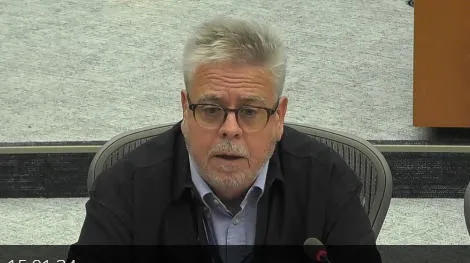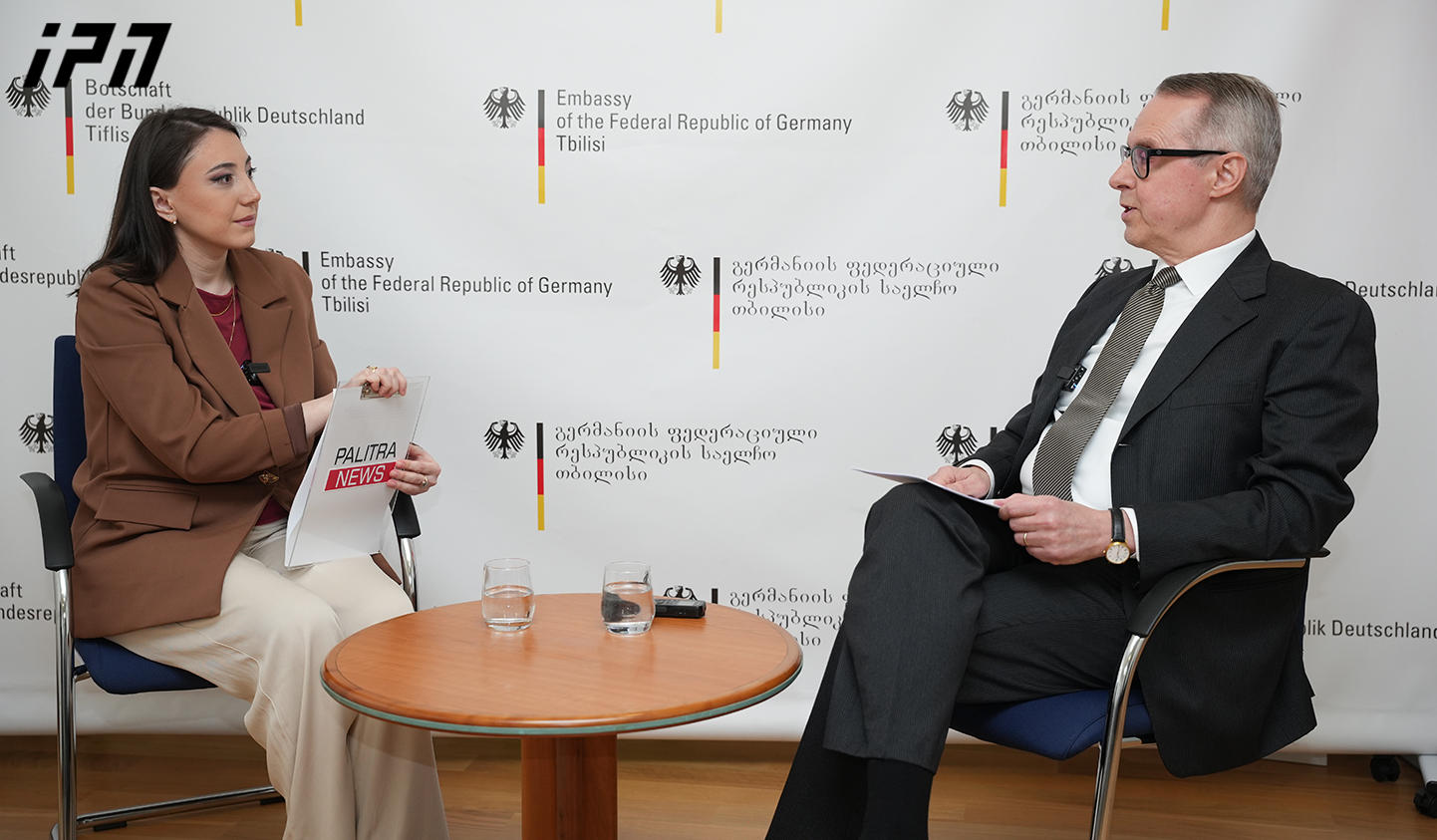Nacho Sánchez Amor: The challenges in Georgia are enormous due to the adoption of repressive laws, and the opposition must speak with one voice — otherwise, they will fall apart

"The challenges are enormous and truly difficult, and I’m referring to the challenges that exist now because of the adoption of many repressive laws," – said MEP Nacho Sánchez Amor during the European Parliament’s Subcommittee on Human Rights (DROI) session, where he discussed the recent visit to Georgia.
According to him, the European Parliament’s delegation did not meet with representatives of the Georgian government.
“I want to thank the Secretariat for organizing this visit under very unusual circumstances. We had no opportunity for contact with the government because we do not recognize their objectivity. We carried out the mission without government contact, but the Secretariat managed to arrange meetings with all the relevant partners we believed could give us the necessary insight into the real situation in the country. We had no contact with the authorities. I’m referring to the government of the regime,” said Sánchez Amor.
He spoke about the recent legislation adopted in Georgia, noting that it is completely opposite to what is happening in the European Union.
“It’s not just about the laws themselves, but also about the implementation practices. The narrative is completely contrary to what happens in the EU. The government is trying to manipulate public opinion and spread disinformation about the EU. We visited the country at a time when civil society is facing repressive actions. This includes shutting down certain communication channels and cutting off foreign support, as well as closing some NGOs working on human rights. But they want to continue fighting and working despite the difficult political environment.
Right now, it’s very difficult for the EU to go through all the legal complexities of these laws, but we want to do everything possible to continue our political support for civil society. Civil society continues to protest. We’re seeing serious repression against this protest. Anyone who thinks democratically and wants the country to join the EU wants to protect the right to demonstrate and defend those who have been arrested. The situation couldn’t be worse – they are truly suppressing civil society,” he emphasized.
Sánchez Amor added that the personal histories of some opposition leaders make it difficult for them to work together and speak with one voice:
“But they must speak with one voice, or they will fall apart. One of the decisions the opposition needs to make is whether or not they want to participate in the local elections. The opposition must agree on the procedures they want to follow,” he said.
